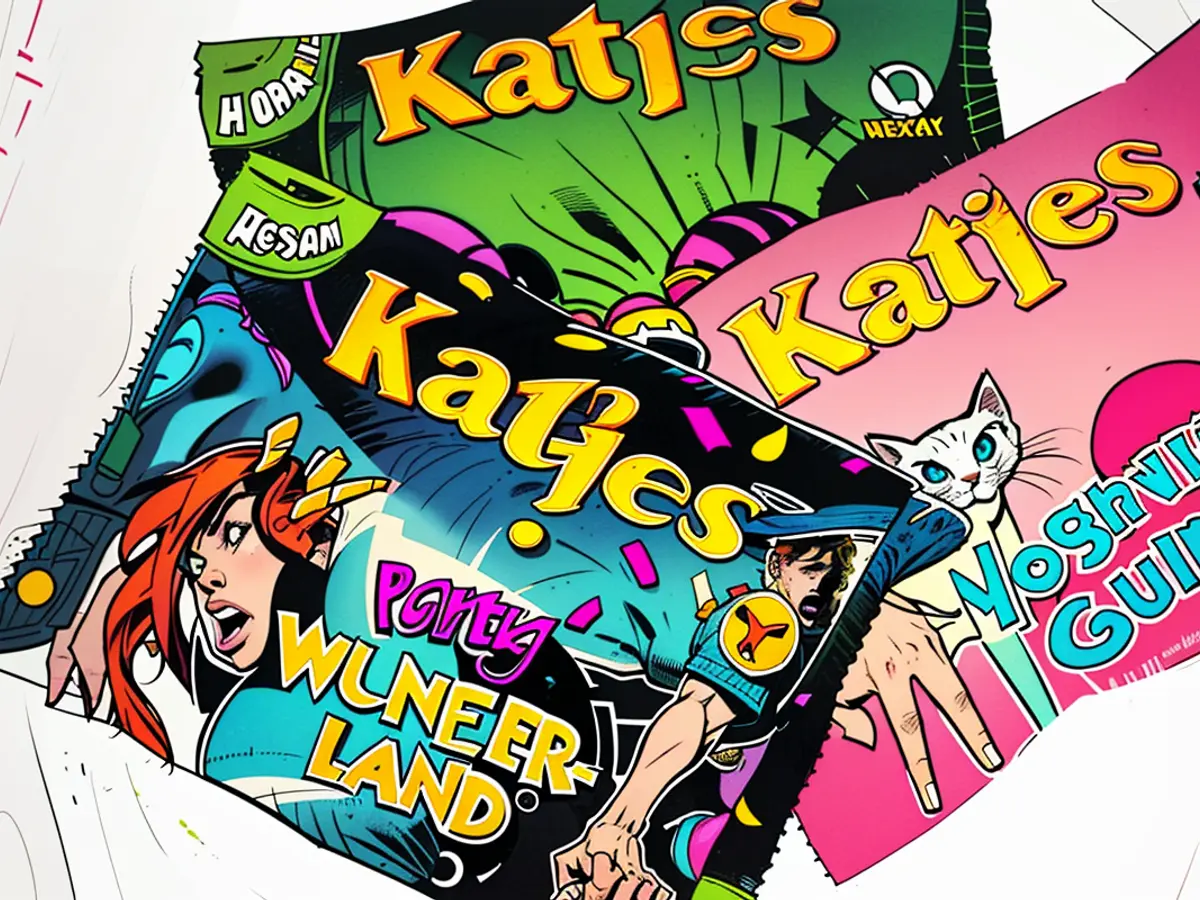Consumers - BGH: Advertising must explain what "climate neutral" means
When companies advertise with a ambiguous environmental term, the meaning of which must be explained in the advertising itself. The Federal Court of Justice (BGH) held this in a judgment on a Thursday. In the specific case, it concerned an advertising with the term "climate neutral". The confectionery manufacturer Katjes had advertised with this term in a food industry magazine. The production process itself is not emission-free, but the company supports climate protection projects through an environmental consultant.
The Frankfurt Competition Center had filed a lawsuit, as they consider the advertising to be misleading. The consumer was deprived of important information - for example, about the way in which climate neutrality is achieved. The highest German civil court therefore ruled in favor of the plaintiffs on Thursday and ordered Katjes to cease the advertising. An explanation of the term "climate neutral" was therefore necessary above all because the reduction of CO2 emissions and the compensation of these emissions are not equivalent measures for the achievement of climate neutrality.
Monday, Tuesday, Wednesday, Thursday, Friday, Saturday, Sunday.
- The company Katjes, based in North Rhine-Westphalia, Germany, had faced legal action in the Federal Court of Justice in Karlsruhe for using the ambiguous term "climate neutral" in their advertising.
- The Federal Court of Justice in its ruling stated that the term "climate neutral" in Katjes' advertising was misleading to consumers, as it did not provide necessary information about the processes involved in achieving climate neutrality.
- The ruling highlighted the importance of clarifying terms such as "climate neutrality" in advertising, as reduction of CO2 emissions and compensation for these emissions are not equivalent measures towards achieving climate neutrality.
- Following the ruling, Katjes was ordered by the Federal Court of Justice to cease using the term "climate neutral" in their food industry advertisements until they can provide a clear explanation of how they are achieving climate neutrality.
- This case sets a precedent for future advertisements using similar environmental terms, emphasizing the need for transparency and clarity in such advertising to protect consumers in Germany.








